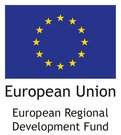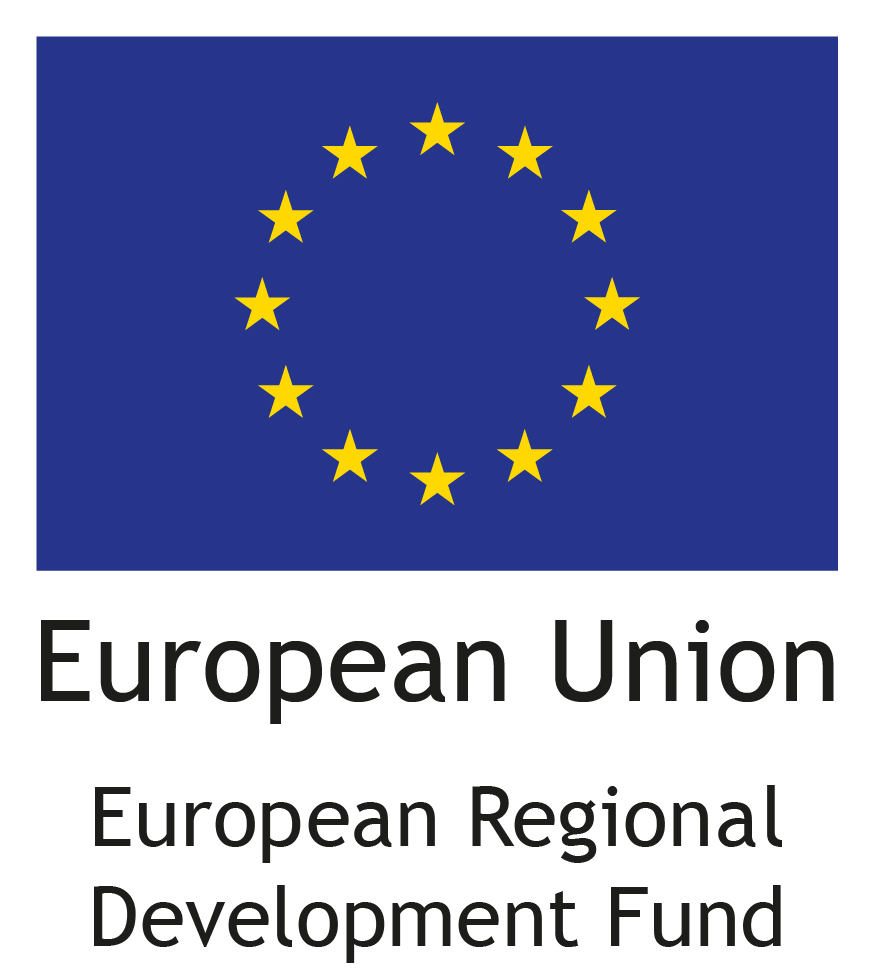HEAT – Participatory urban planning for healthier urban communities
The HEAT project addresses the problem of fragmented urban planning and cycling infrastructure. The main reasons for this are the limited participation possibilities of citizens and other municipal sectors in planning processes. Moreover, the initiatives that aim at promoting biking in cities are often fragmented, full of gaps, and thus with low impact. The problem is relevant because of not only environmental concerns but also health and social issues.
The main objective of the project is to contribute to the planning of healthier, more active and inclusive urban areas in the Central Baltic region, in which biking is a safe, popular and acceptable mode of transport. To make this happen, participatory concepts for development of biking infrastructure in pilot cities and the region of Southwest Finland will be developed and pilot actions will be conducted. Furthermore, an economic analysis of increased biking (with WHO HEAT tool) will be made in the project cities. The analysis will provide arguments for future investments and strategies as well as change of actions and administrational routines.
In the HEAT project, TUAS is organizing the WHO HEAT tool trainings to help and to ensure the cities’ calculations made with the tool. The HEAT tool training consists of lectures introducing the tool, local workshops, expert and peer consultation and seminars. For the participants and for wider branch of organizations, the main benefits from the project is the functionality of different urban planning solutions and their effects on sustainability, participatory planning, walking and biking. In addition, experiences of participatory urban planning methods in different cities, groups and countries will improve education and projects in project organizations and cities.



